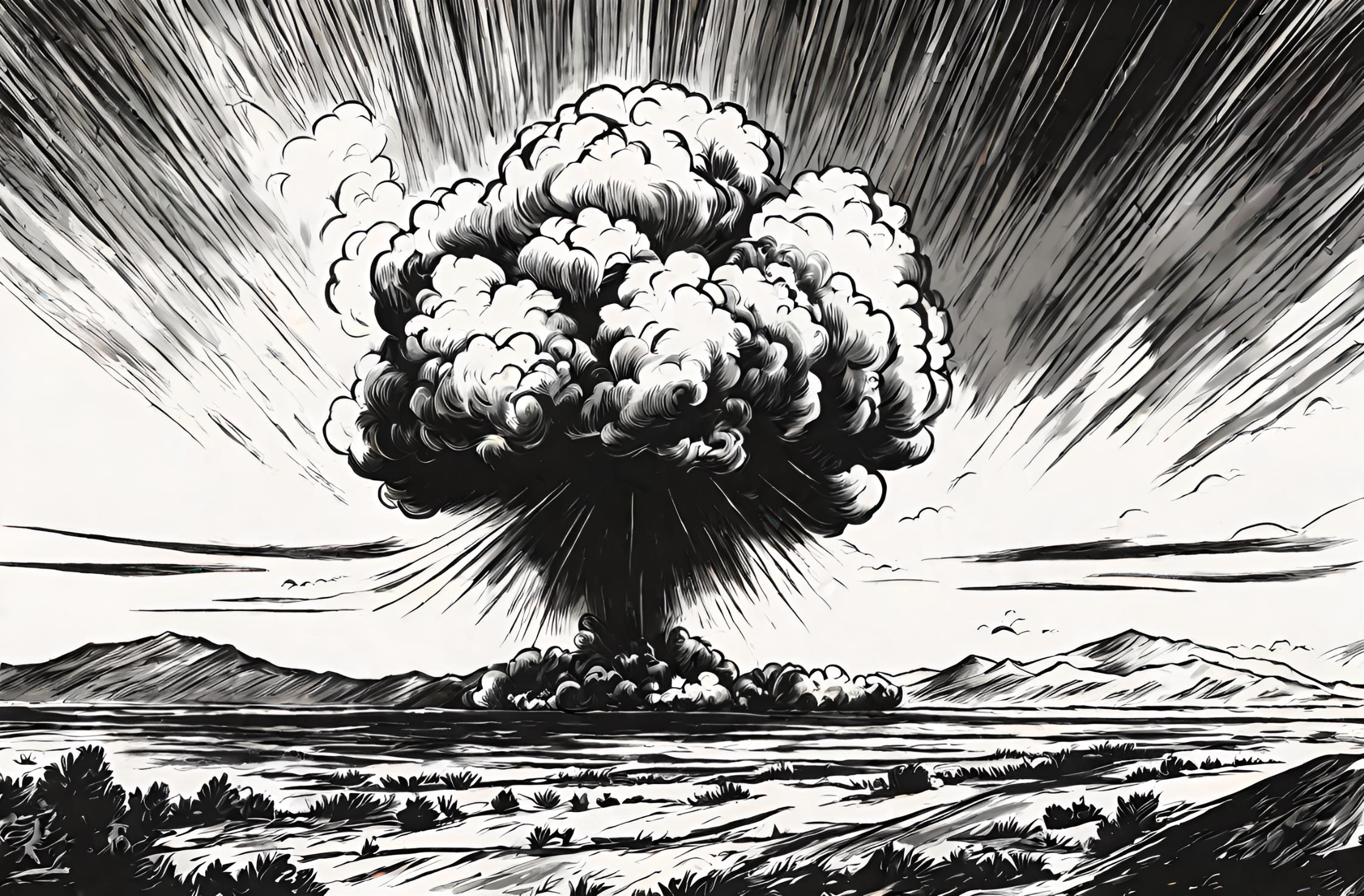Flashback to August 29
World History

In the storied annals of English Church history, one event that stands out significantly is the Synod of Hertford, an event said to be of immense relevance occurred on September 24, 673. This was not just an ordinary gathering but a momentous assembly of bishops where impactful decisions were made regarding the ecclesiastical structure of the English Church. Notably, these historical decisions have shaped the trajectory of the English Church and significantly influenced its operations over the years.
The Synod of Hertford bore a remarkable resemblance to a modern-day conference, with bishops across the land gathering for a deliberate discourse aimed at providing ecclesiastical guidance and inscribing laws for the Church. This was the first such pan-English assembly, making it historically notable for the English Church’s trajectory. The leaders of the Church convened with one single goal: to foster unity and set forth the requirements for the growth of the Church in England.
One of the distinctive features of the Synod of Hertford was the formation of canons – a set of Church laws designed to guide the practice of Christianity in England. These canons, agreed upon consensus, greatly influenced the moral and spiritual directions of the English Church. Consequently, they became an integral part of the Church’s doctrine and significantly shaped its operations, giving the Church a coherent, organized structure that hitherto lacked.
The Synod’s decisions were not just for clerical administration; they were also designed with the laity in mind. These resolutions were implemented to guide the relationship between the Church and the public, as well as to ensure that Christians across the land lived according to their doctrine’s requirements. This was groundbreaking, as it provided a further cementation of the faith among the laity.
There were ten canons formulated at the Synod of Hertford, covering crucial areas such as clerical discipline, ecclesiastical administration, and monastic life. Some of these canons were groundbreaking, such as the idea that no bishop could interfere with another’s diocese, ensuring the respect for the jurisdictional boundaries of the bishops.
Additionally, the Synod of Hertford had a profound effect on the unity of the English Church. Before the Synod, there was a significant division between different groups within the Church. However, the Synod’s decisions worked to bridge these divisions and foster unity, providing a shared direction and purpose for the Church on the whole.
Moreover, it’s essential to note that the Synod convened under the leadership of Archbishop Theodore of Canterbury, an influential figure in the Church’s history who was instrumental in the Church’s organised structure. His leadership brought about an era of restructuring and reorganisation, with the Synod of Hertford marking the pivotal start.
In retrospect, the Synod of Hertford and the formation of the canons represent a crucial turning point in the history of the English Church. They have shaped the Church’s path and ensured that it operates with a clear, structured system of governance. The Synod remains a significant landmark in the Church’s history, providing a blueprint that has guided the Church’s operations for centuries.
Truly, the Synod of Hertford remains an epochal event in the history of the English Church. The far-reaching implications of its decisions, from establishing marketable canons to fostering unity among divergent groups, continue to echo through the corridors of our ecclesiastical history. It is a testament to the thoughtful foresight of the Church leaders of that era and a cogent reminder of the impacts of unity and sound governance in religious bodies.
We strive for accuracy. If you see something that doesn't look right, click here to contact us!
Sponsored Content

USSR explodes its first…
Experience the historic moment…

Supreme Soviet suspends all…
On August 29, 1991,…

The United Kingdom legislates…
Experience the historical shift…

Michael Faraday discovers electromagnetic…
Renowned scientist, Michael Faraday,…

Eamon de Valera, Irish…
"Eamon de Valera, a…

Ayatollah Sayed Mohammed Baqir…
On August 29, 2003,…

